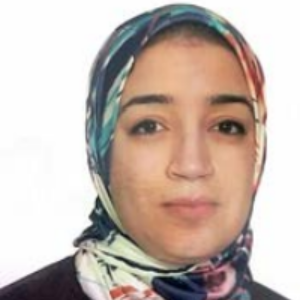Abstract:
Despite important advances in the management of tumors in recent decades, glioblastoma (GBM) remains one of the deadliest human cancers. In fact, GBM presents the lowest median observed survival of all primary malignant brain and other CNS tumors (8 months). This poor prognosis is mainly caused by therapeutic resistance and recurrence after surgical removal. Current therapeutic approaches for GBM combine surgery, radiotherapy, and chemotherapy. Still, even with the use of Temozolomide, the standard chemotherapeutic drug, GBM patients show a low median survival of ~15 months. While tissue biopsy remains the standard procedure commonly used for the histological characterization of GBM, liquid biopsy has recently emerged as a promising way to improve patient care in terms of initial diagnosis, relapse, and choice of appropriate treatments. Indeed, liquid biopsy gives the possibility of taking repetitive and non-invasive samples, which allows real-time monitoring of the patient during treatment. Blood, serum, and cerebrospinal fluid carry biomarkers such as circulating tumor cells, cell-free nucleotides, extracellular vesicles, and circulating proteins that are linked to diagnosis and/or prognosis. Moreover, some of these particles might be used to detect therapeutic resistance or identify tumor recurrence. However, to date, no circulating biomarkers for managing GBM have been clinically validated. As each biomarker has advantages and disadvantages, a combination of biomarkers could be valuable to obtain diagnostic and prognostic information in a non-invasive method. Nonetheless, further studies with larger cohorts are needed in order to increase specificity and sensitivity, and to promote future clinical applications.




